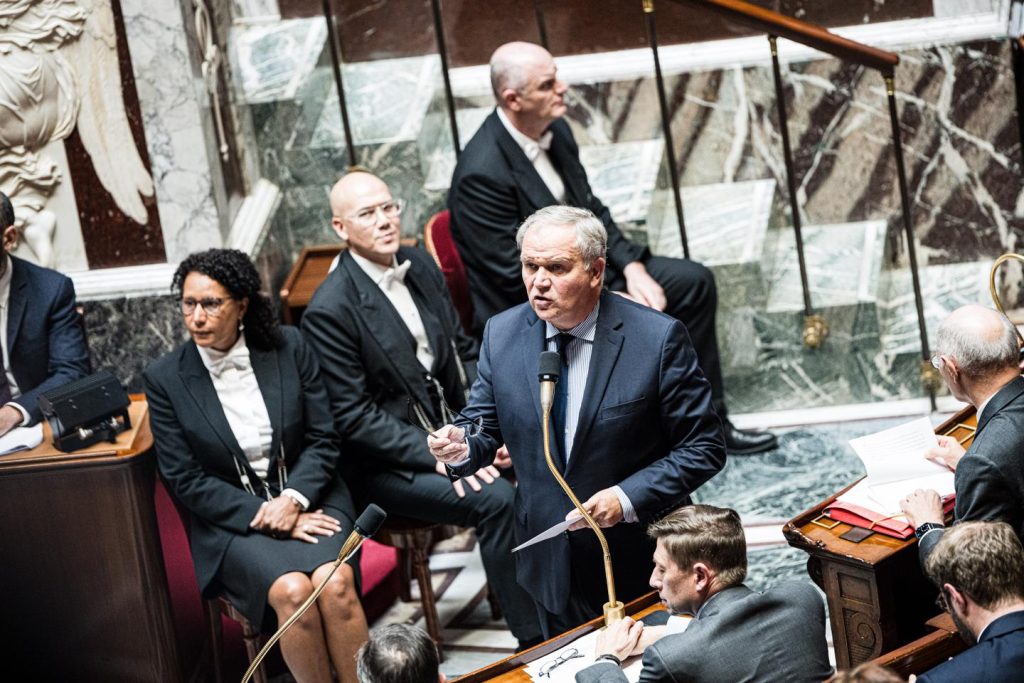The budget for overseas territories in 2025 has been announced with a significant decrease of 9%, amounting to 2.49 billion euros, with two-thirds of the budget dedicated to exemptions on social security contributions aimed at supporting employment. While the program supporting business competitiveness has increased by 100 million euros, the program for improving living conditions has decreased by approximately 300 million euros. Christian Baptiste, a socialist deputy from Guadeloupe and special rapporteur of the budget, highlights the concerns regarding the persistent lack of essential infrastructure, high cost of living, and issues related to territorial continuity in the overseas territories.
Despite the government’s commitment to sparing twenty departments from operational spending cuts, opposition parties remain dissatisfied. Deputies from La France Insoumise and Rassemblement National in Reunion have jointly written to Prime Minister Michel Barnier requesting exemption from the planned reductions in pension payments for retirees. The budget allocated to the Ministry of Overseas Territories represents a small portion (around 10%) of public spending in support of the ultramarine territories, with additional efforts by the government in categories outside the ministry’s jurisdiction. However, concerns are mounting, particularly in light of the significant reconstruction plan for New Caledonia and ongoing protests against the high cost of living in Martinique.
In response to criticisms of the budget reductions, Bercy, the French Ministry of the Economy and Finance, has highlighted specific allocations within the budget proposal. 400 million euros are earmarked for the second generation of overseas convergence contracts (formerly known as plan contracts), with an additional 184 million euros allocated to the budget line supporting housing. The government emphasizes that despite the overall decrease in the budget for overseas territories, there are still substantial amounts dedicated to specific sectors and programs aimed at supporting the development and well-being of these regions.
Calls for a national solidarity effort are echoed by lawmakers like Beatrice Bellay, a socialist deputy from Martinique, who urges major retail groups operating in the overseas territories to contribute to supporting the local economy. The demands for stability in budget allocations are driven by the urgent need for essential services and infrastructure in the overseas territories, as well as the challenges posed by the high cost of living in these regions. Efforts to address these concerns are essential to ensuring the economic stability and welfare of the residents in these territories amidst the proposed budget cuts.
The ongoing discussions around the budget for overseas territories reflect a broader debate on the distribution of resources and support for these regions within the overall framework of French public spending. As concerns grow over the impact of budget cuts on essential services and quality of life in the overseas territories, stakeholders continue to advocate for increased investment, stability, and targeted support to address the specific challenges faced by these regions. Balancing the need for fiscal discipline with the imperative to ensure the well-being and development of the overseas territories remains a key priority for policymakers and legislators involved in shaping the budget for these regions.


